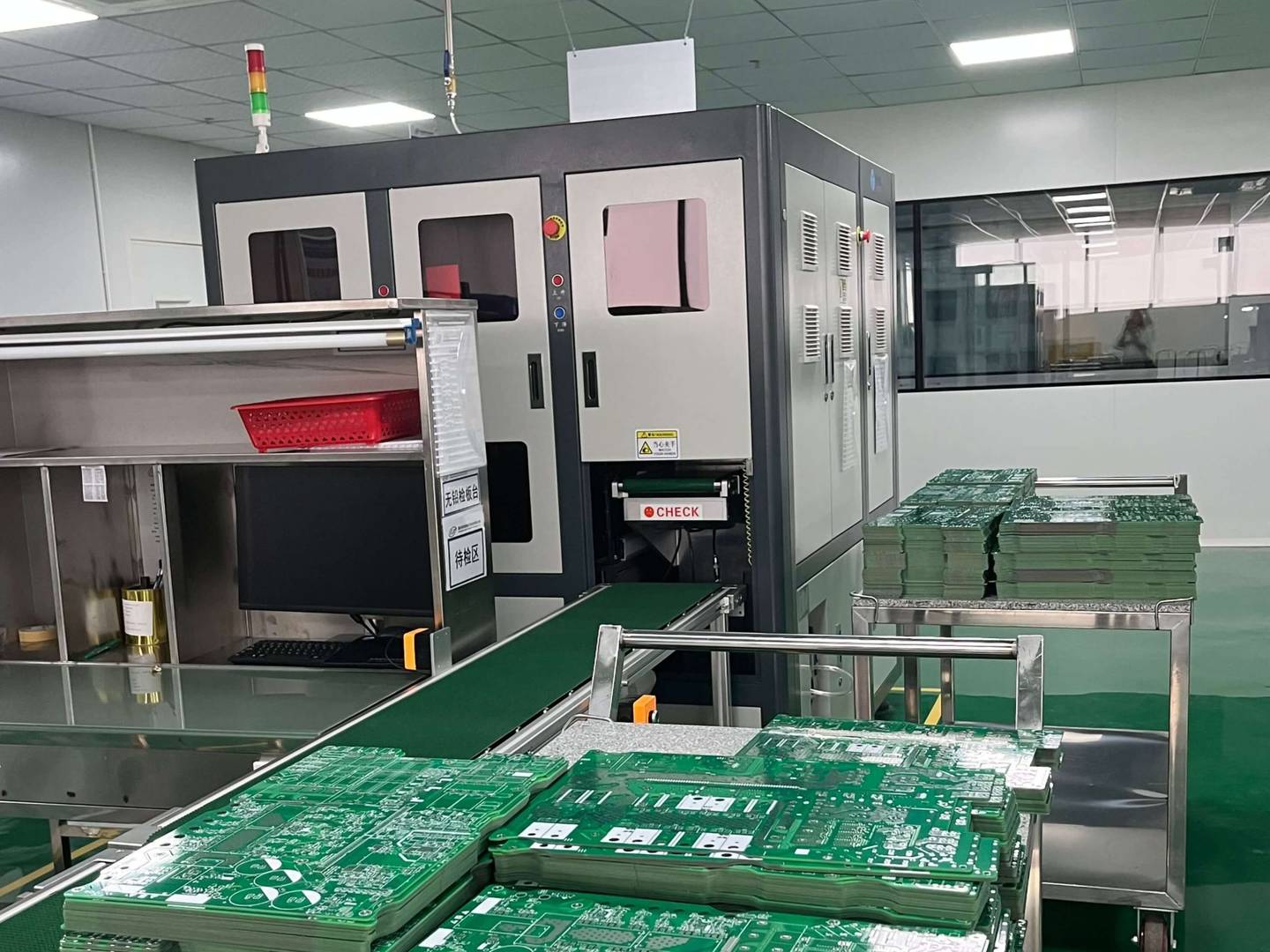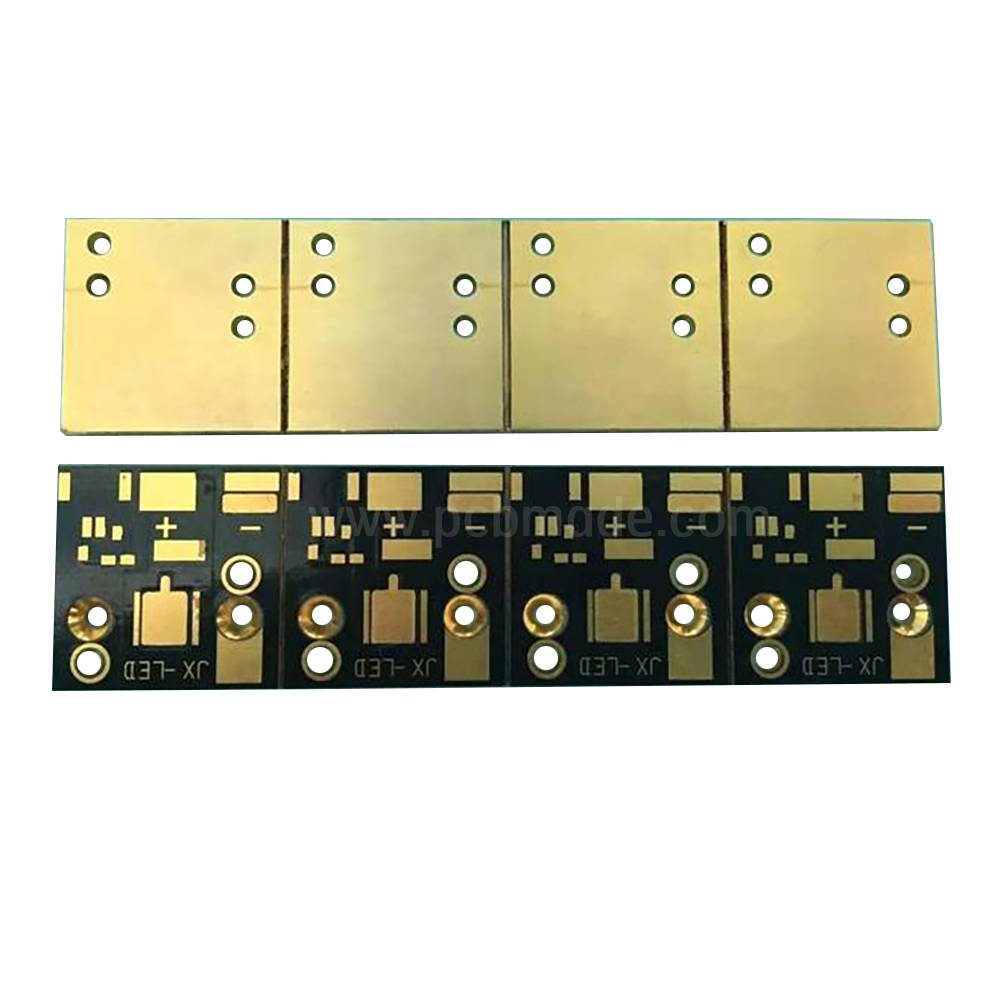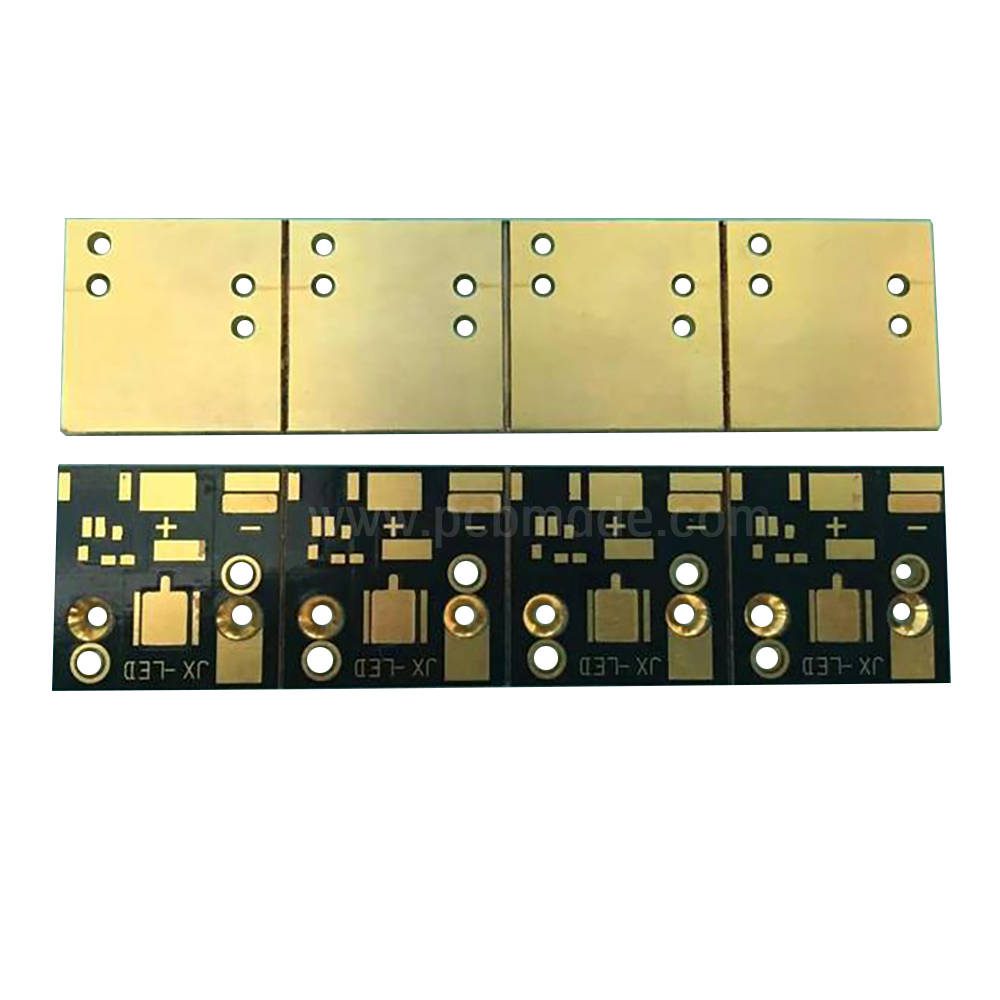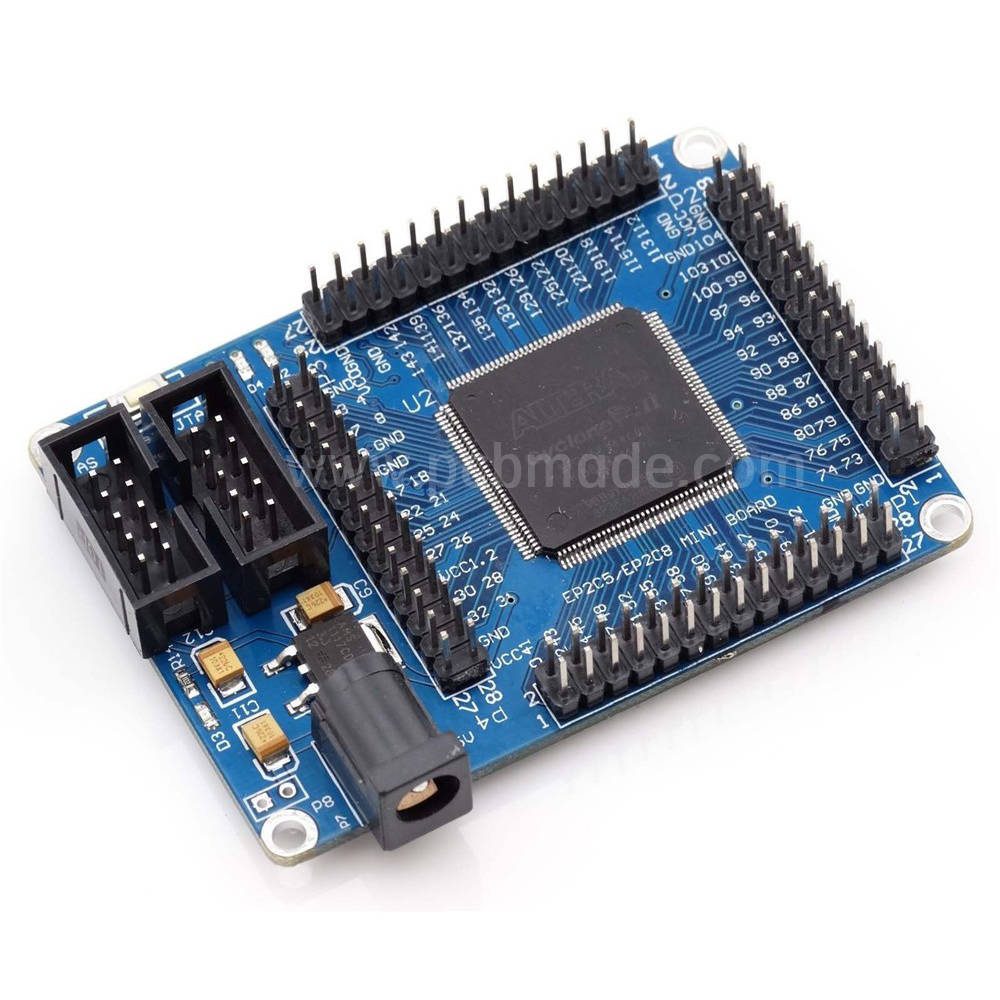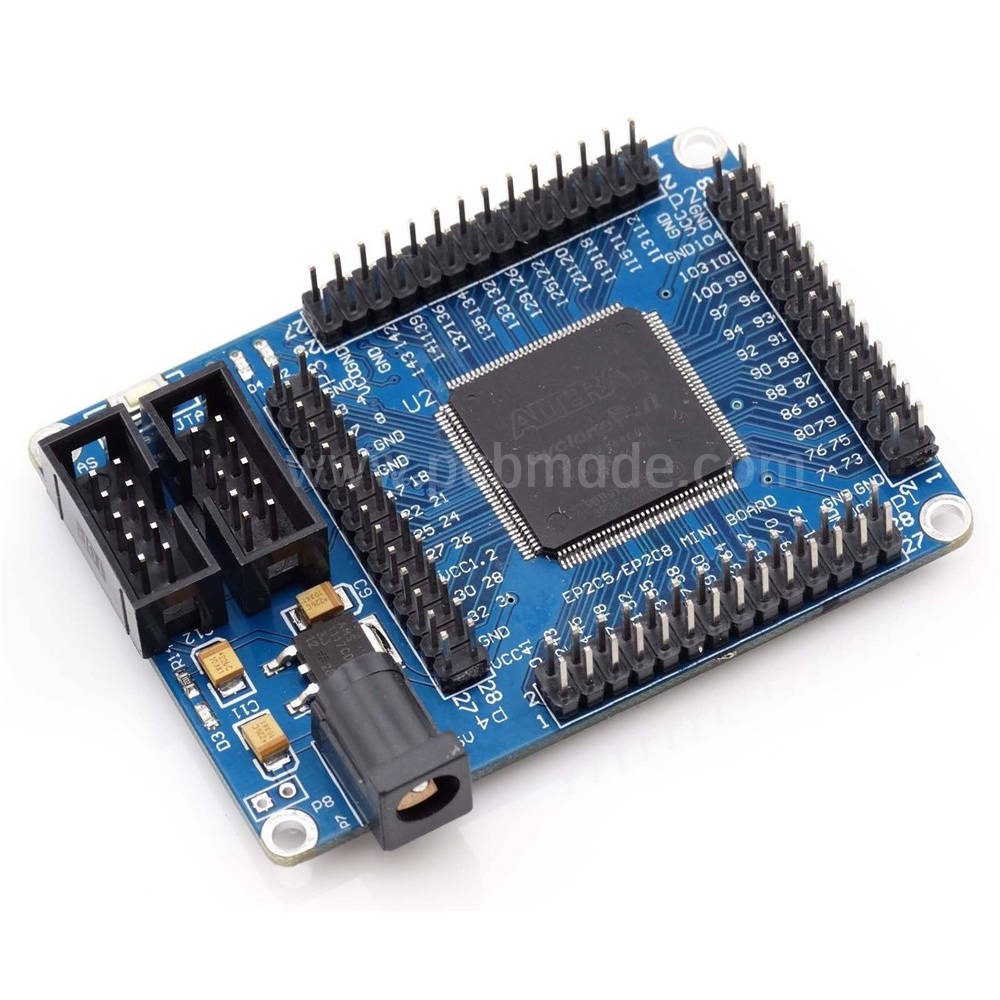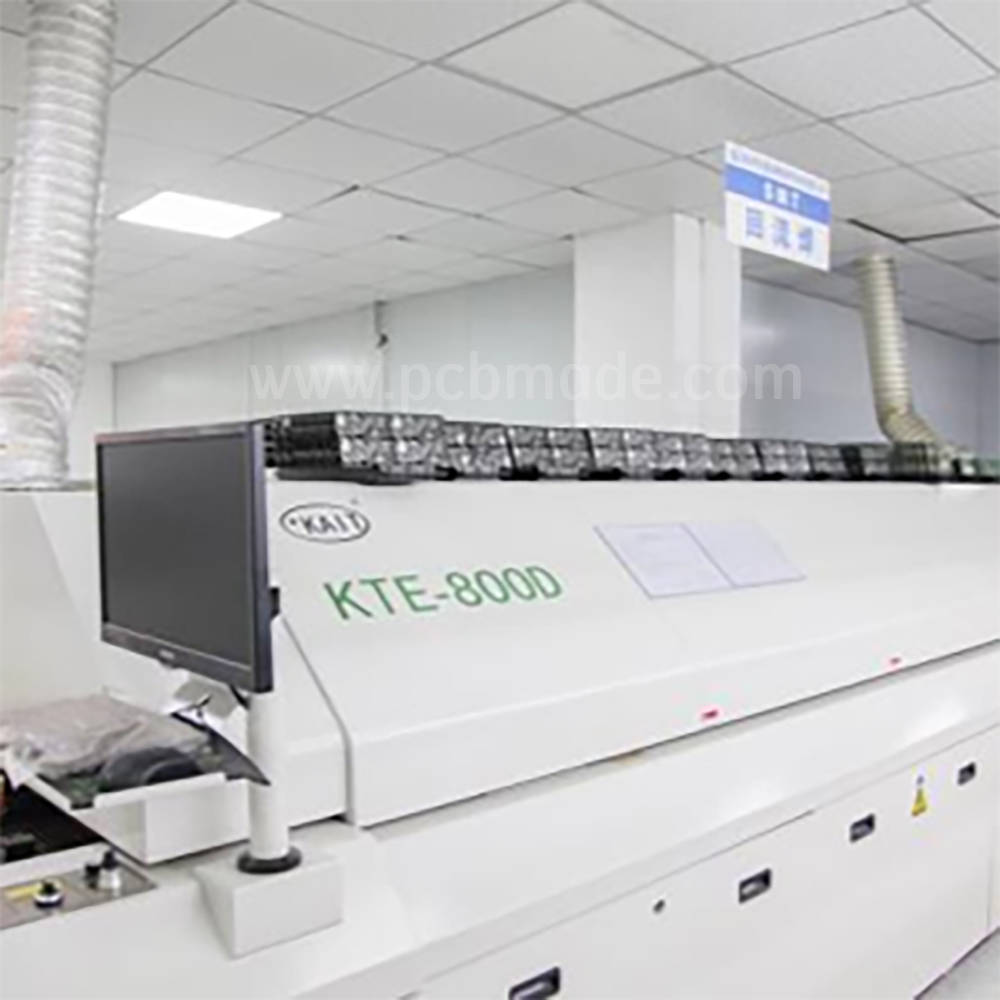In modern automotive electronic systems, printed circuit boards (PCBs) play a crucial role. It is not only the connecting bridge between electronic components, but also the cornerstone for ensuring vehicle safety, performance, and reliability. However, in the manufacturing process of PCBs, a common but not negligible problem may be encountered – the phenomenon of copper free holes in circuit boards.
1、 The close relationship between PCB and automotive electronic systems
Automotive PCB is responsible for carrying and connecting various electronic components such as sensors, controllers, actuators, etc., achieving comprehensive functional support from engine control to information and entertainment systems. With the acceleration of automotive intelligence and electrification trends, the requirements for PCB integration, temperature resistance, and vibration resistance are increasingly high, which makes PCB quality control particularly important.
2、 Overview of copper free phenomenon in circuit board holes
The absence of copper in circuit board holes, commonly known as “poor copper plating on hole walls,” refers to the phenomenon where the interior of through holes or plug-in holes on the PCB is not completely covered by copper. This not only affects the reliability of electrical connections, but may also lead to signal transmission interruptions, increased resistance, and even circuit short circuits, which can seriously threaten the normal operation of automotive electronic systems.
3、 Cause analysis
Chemical copper deposition process defect: In the PCB manufacturing process, the hole wall needs to undergo chemical copper deposition treatment before copper plating to provide a good conductive layer. If the concentration, temperature, and processing time of chemical agents are not properly controlled, it can lead to incomplete copper layer on the hole wall or poor adhesion.
Poor drilling quality: If burrs and debris generated during drilling are not thoroughly removed, it will affect the uniformity and integrity of the subsequent copper plating layer, resulting in poor copper plating on the hole wall.
Copper plating process issues: Improper control of current density, plating solution composition, temperature, or insufficient plating time during the electroplating process may result in insufficient copper layer deposition.
Design and material factors: In PCB design, the through-hole size is too small, the board thickness to aperture ratio is unreasonable, and the use of substrates that are not easy to copper plated also increases the risk of copper free holes.
4、 Impact and response strategies
influence:
Performance degradation: Unstable signal transmission increases the failure rate.
Cost increase: requires additional testing and rework, prolongs production cycles, and increases costs.
Safety risk: In automotive applications, circuit failures may directly affect driving safety.
Response strategy:
Optimize manufacturing process: Strictly control the process parameters of chemical copper deposition and electroplating, regularly verify equipment accuracy, and ensure stable quality at every stage.
Improved design: Reasonably design the via size and layout, and select high-quality substrates suitable for automotive applications.
Strengthen quality control: Adopt X-ray testing, optical testing and other methods to timely detect and remove PCB boards without copper holes.
Continuous technological innovation: Explore more advanced copper plating technologies and materials, such as pulse electroplating, nano copper plating, etc., to improve the quality and efficiency of coatings.
The phenomenon of copper free holes in automotive PCB circuit boards is a quality challenge that cannot be ignored in automotive electronics manufacturing, as it relates to the stability and safety of automotive electronic systems. By deeply understanding its causes and taking effective measures, the manufacturing quality of PCBs can be significantly improved, laying a solid foundation for the intelligent and safe development of automobiles. With the advancement of technology and the continuous improvement of industry standards, we have reason to believe that future automotive PCBs will be more reliable, bringing drivers a more reassuring and comfortable travel experience.


